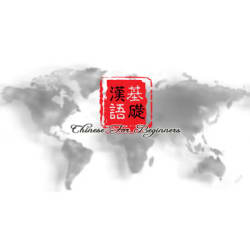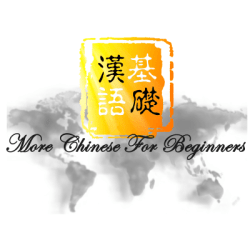Images
Hello everyone! Welcome to advanced neurobiology! Neuroscience is a wonderful branch of science on how our brain perceives the external world, how our brain thinks, how our brain responds to the outside of the world, and how during disease or aging the neuronal connections deteriorate. We’re trying to understand the molecular, cellular nature and the circuitry arrangement of how nervous system works. Through this course, you’ll have a comprehensive understanding of basic neuroanatomy, electral signal transduction, movement and several diseases in the nervous system. This advanced neurobiology course is composed of 2 parts (Advanced neurobiology I and Advanced neurobiology II, and the latter will be online in late April or May). They are related to each other on the content but separate on scoring and certification, so you can choose either or both. It’s recommended that you take them sequentially and it’s great if you’ve already acquired a basic understanding of biology. Thank you for joining us!
Similar resources
Peking University is China’s first national comprehensive university. Its lineage dates back to the Imperial University of Peking, founded in 1898. After the Revolution of 1911, the university was renamed as the National University of Peking; since 1949, it has been referred to as Peking University. Through that lineage, Peking University is honored as the founding institution of higher education in China in modern times.
Peking University has played a vital role as the pioneer in the process of China’s modernization. It was here that China’s earliest modern education system was created which facilitated the birth of China’s earliest faculties of liberal arts, natural sciences, social sciences, agricultural sciences, medical sciences, and engineering sciences. In 1917, Cai Yuanpei, a well-known educator, became the president of Peking University. Espousing the principles of freedom of thought and academic inclusiveness, President Cai carried out successful reforms at Peking University that enhanced the emancipation of thought and flourishing of academic inquiry. Many luminaries of the time such as Chen Duxiu, Li Dazhao and Mao Zedong, and outstanding talents such as Lu Xun and Hu Shi, were recruited to serve or teach at the University. As one of the historical milestones in modern Chinese history, Peking University was also the center of the New Culture Movement and the birthplace of the May Fourth Movement.
After the founding of the People’s Republic of China, Peking University has further developed into a comprehensive university focusing on the basic teaching and research in the arts and sciences. In 2000, Peking University merged with Beijing Medical University, which gave a promising prospect for the disciplines of science, engineering, medicine, agriculture, humanities and social sciences to further grow and prosper in a comprehensive way. Over the past 120 years since its founding, Peking University has trained a large number of outstanding talents, and many scientists graduated from the university have been credited with a number of honors for leading scientific research achievements. To mention but a few, the university’s scholars have made outstanding contributions to the design and building of China’s first supercomputer; the development of the world’s first synthetic bovine insulin; the invention of the first Chinese character laser typesetting system; the discovery and isolation of artemisinin used in the successful treatment of malaria; and the development of the theory of counter-current cascade extraction, used in rare-earth processing. Currently, more than 400 Peking University’s alumni and faculty are honored as the academicians of the Chinese Academy of Sciences and Chinese Academy of Engineering. Many distinguished and influential scholars in the humanities and social sciences are also from Peking University.


Chinese for Beginners










